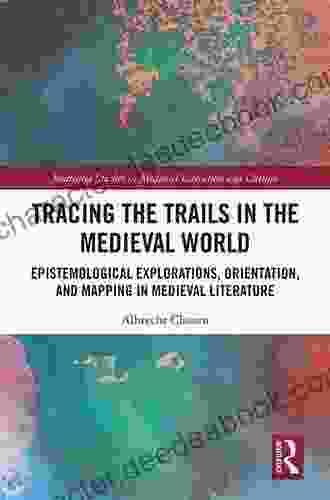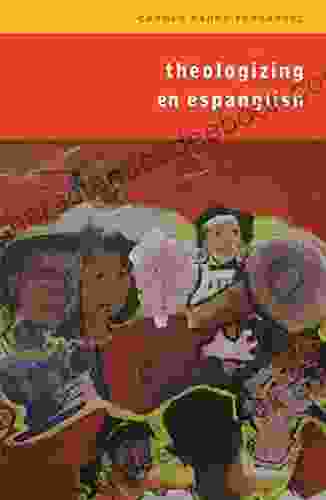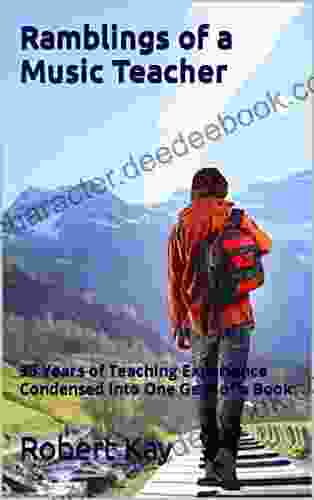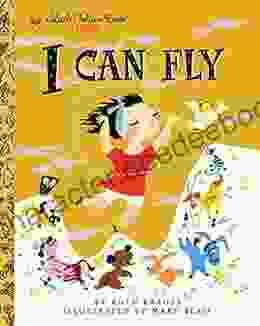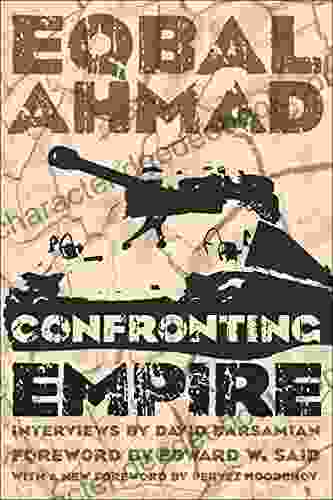Epistemological Explorations: Orientation and Mapping in Medieval Literature

Medieval literature offers a rich tapestry of epistemological explorations, where characters and narrators navigate complex landscapes, both physical and metaphorical, in search of knowledge and understanding. The concept of orientation and mapping serves as a central lens through which to examine these literary journeys, revealing the ways in which writers explore the processes of knowledge acquisition, the nature of reality, and the challenges of human cognition.
1. Labyrinthine Structures and the Search for Truth
One of the most prominent motifs in medieval literature is the labyrinth, a symbol of the complexities of human existence and the arduous path to enlightenment. In the anonymous thirteenth-century poem "Sir Gawain and the Green Knight," the titular knight embarks on a perilous quest through a labyrinthine forest, facing treacherous obstacles and enigmatic riddles. Gawain's journey represents the challenges of moral navigation and the search for truth amidst ambiguity and deception.
4.7 out of 5
| Language | : | English |
| File size | : | 2333 KB |
| Text-to-Speech | : | Enabled |
| Screen Reader | : | Supported |
| Enhanced typesetting | : | Enabled |
| Print length | : | 330 pages |
Similarly, in Dante's "Divine Comedy," the protagonist's journey through Hell, Purgatory, and Paradise can be seen as a metaphorical mapping of the human soul's progress towards spiritual understanding. Each realm presents a distinct topography with its own challenges and rewards, reflecting the complexities of the human psyche and the transformative nature of knowledge acquisition.
2. Pilgrimage Motifs and the Journey of Faith
Pilgrimage narratives played a significant role in medieval literature, providing a physical and spiritual framework for exploring the quest for knowledge. In Geoffrey Chaucer's "Canterbury Tales," a group of pilgrims journey to the shrine of St. Thomas Becket, each with their own motivations and personal experiences. Their journey becomes a collective exploration of faith, human nature, and the search for meaning in life.
The pilgrimage motif also appears in John Bunyan's "The Pilgrim's Progress," where the protagonist, Christian, embarks on a metaphorical journey through a dangerous landscape filled with temptations and trials. Christian's journey represents the struggles and triumphs of the Christian faith, highlighting the importance of perseverance and steadfastness in the pursuit of spiritual knowledge.
3. Spatial Representation and the Limits of Human Perception
Medieval literature often employs spatial representation to explore the limitations of human perception and the difficulty of comprehending the complexities of reality. In the allegorical novel "The Romance of the Rose," the protagonist, Amant, encounters the personified virtues and vices in a walled garden, each occupying distinct allegorical spaces. The garden's intricate layout and symbolic landscapes reflect the complexities of human morality and the challenges of navigating a world of competing values.
Similarly, in the Old English poem "Beowulf," the hero's descent into the monster Grendel's lair can be seen as a metaphorical journey into the depths of the human psyche, where the boundaries between good and evil, reality and imagination, become blurred.
4. Metaphor and Allegory as Epistemic Tools
Medieval writers frequently employed metaphor and allegory as epistemic tools to convey abstract concepts and explore the nature of knowledge. Metaphors create new connections between seemingly unrelated things, allowing writers to express complex ideas in vivid and memorable ways. In the "Canterbury Tales," for example, Chaucer compares the prioress's claim to refinement to a "grain of wheat in a bushel of chaff," revealing the hypocrisy beneath her pious exterior.
Allegory, on the other hand, presents abstract truths through concrete symbols and narratives. In "The Pilgrim's Progress," the Slough of Despond represents the despair and doubt that can hinder one's spiritual journey, while the Celestial City represents the ultimate goal of salvation.
Epistemological explorations are central to the fabric of medieval literature, as writers grappled with the challenges of knowledge acquisition, the nature of reality, and the limitations of human perception. Through the use of labyrinthine structures, pilgrimage motifs, spatial representation, and metaphor and allegory, medieval authors created compelling narratives that continue to resonate with readers today. These literary journeys invite us to reflect on the complexities of human cognition, the search for truth, and the enduring power of storytelling to illuminate our understanding of the world.
4.7 out of 5
| Language | : | English |
| File size | : | 2333 KB |
| Text-to-Speech | : | Enabled |
| Screen Reader | : | Supported |
| Enhanced typesetting | : | Enabled |
| Print length | : | 330 pages |
Do you want to contribute by writing guest posts on this blog?
Please contact us and send us a resume of previous articles that you have written.
 Novel
Novel Page
Page Chapter
Chapter Text
Text Story
Story Reader
Reader Library
Library E-book
E-book Newspaper
Newspaper Paragraph
Paragraph Sentence
Sentence Bookmark
Bookmark Glossary
Glossary Bibliography
Bibliography Foreword
Foreword Annotation
Annotation Footnote
Footnote Manuscript
Manuscript Scroll
Scroll Codex
Codex Bestseller
Bestseller Biography
Biography Autobiography
Autobiography Reference
Reference Encyclopedia
Encyclopedia Narrator
Narrator Librarian
Librarian Catalog
Catalog Card Catalog
Card Catalog Borrowing
Borrowing Stacks
Stacks Archives
Archives Lending
Lending Rare Books
Rare Books Special Collections
Special Collections Dissertation
Dissertation Storytelling
Storytelling Awards
Awards Reading List
Reading List Theory
Theory Sophia Elaine Hanson
Sophia Elaine Hanson Litmux Books
Litmux Books Cherime Macfarlane
Cherime Macfarlane Margaret Mcnamara
Margaret Mcnamara Julia Spiro
Julia Spiro Joy Harjo
Joy Harjo Denise Walsh
Denise Walsh Rituparna Chaki
Rituparna Chaki K Arnhart
K Arnhart Justine Davis
Justine Davis Bruce Coville
Bruce Coville Walter Biggins
Walter Biggins Mai Der Vang
Mai Der Vang Alec Wilkinson
Alec Wilkinson Pippa Norris
Pippa Norris 1 0 Edition Kindle Edition
1 0 Edition Kindle Edition Nicholas Cook
Nicholas Cook Edward Espe Brown
Edward Espe Brown Eric D Lehman
Eric D Lehman Kaya Mclaren
Kaya Mclaren
Light bulbAdvertise smarter! Our strategic ad space ensures maximum exposure. Reserve your spot today!
 Jayson PowellFollow ·4.1k
Jayson PowellFollow ·4.1k Jon ReedFollow ·2.8k
Jon ReedFollow ·2.8k Michael ChabonFollow ·5.5k
Michael ChabonFollow ·5.5k VoltaireFollow ·18.4k
VoltaireFollow ·18.4k Barry BryantFollow ·2.9k
Barry BryantFollow ·2.9k Thomas PowellFollow ·2.3k
Thomas PowellFollow ·2.3k W. Somerset MaughamFollow ·10.7k
W. Somerset MaughamFollow ·10.7k Edwin CoxFollow ·7.7k
Edwin CoxFollow ·7.7k
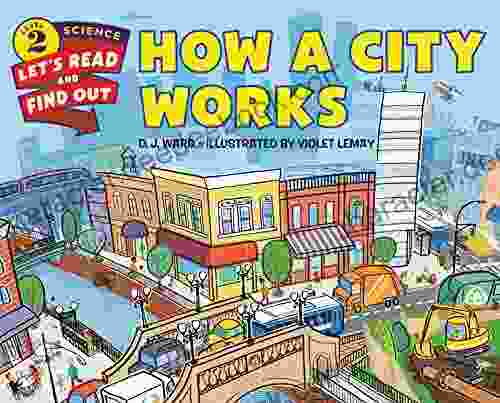
 Ronald Simmons
Ronald SimmonsHow Do Cities Work? Let's Read and Find Out!
Cities are...
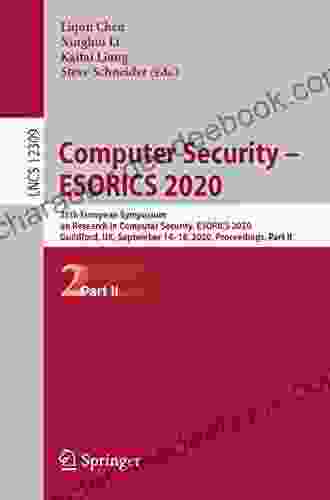
 Tom Clancy
Tom Clancy25th European Symposium on Research in Computer Security...
<p>Guildford,...
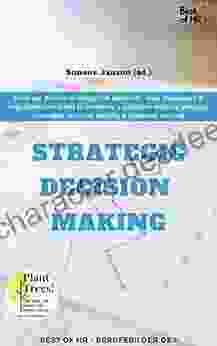
 Lawrence Bell
Lawrence BellHow We Decide: Cognitive Behavior in Organizations and...
Organizations are...

 E.M. Forster
E.M. ForsterOver 60 Little Masterpieces To Stitch And Wear:...
Embark on a Creative...
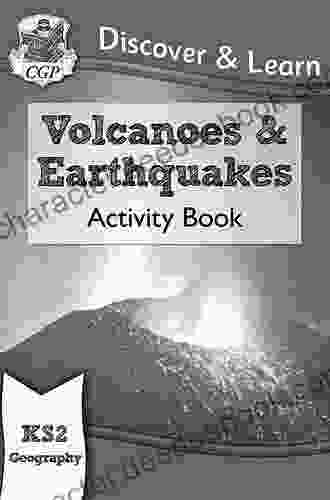
 Douglas Foster
Douglas FosterUnveiling the Educational Treasure: CGP KS2 Geography:...
In the ever-evolving educational...
4.7 out of 5
| Language | : | English |
| File size | : | 2333 KB |
| Text-to-Speech | : | Enabled |
| Screen Reader | : | Supported |
| Enhanced typesetting | : | Enabled |
| Print length | : | 330 pages |


